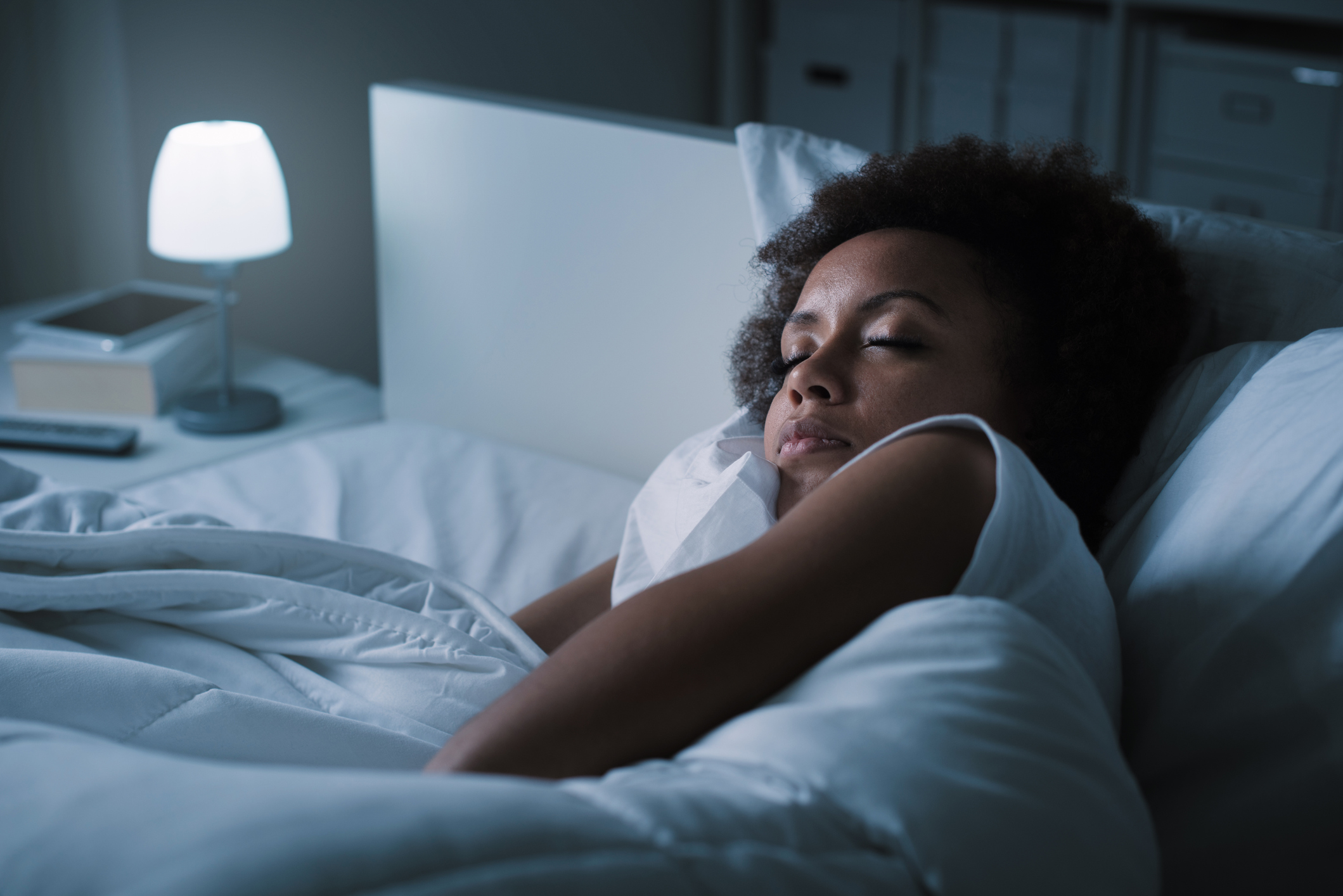5 All-Natural Sleep Aids to Slumber Soundly
Sleeplessness leaves people struggling through the night and feeling tired throughout their day. But imagine sleeping through the night and having the energy to tackle daily life!
If you’ve had bad luck getting to bed and struggle to get to sleep, then natural sleep aid alternatives might be just what you’re looking for.
Not getting a fully restful sleep can lead to daytime grogginess, which can reduce productivity at work and make it difficult to get out of bed in the morning. In some cases, grogginess can lower your reaction time which can be potentially dangerous over the course of your day.

Why not explore natural ways to get a better night’s sleep? Natural alternatives such as melatonin and herbal supplements leave your system by the end of the night, which means you can wake up feeling ready to start the day.
Options for a better night’s sleep
Check out these natural alternatives and ask your doctor if they’re a good match for you:
- Lavender oil: Lavender is one of the most common herbs that help people fall asleep. It doesn’t cause a placebo effect, either—many studies have shown that lavender oil can help people fall asleep faster and stay asleep for longer periods of time. As of right now, lavender is most effective when used in the form of aromatherapy. Add a couple of drops to an essential oil diffuser right before bed and enjoy the herb’s soothing scent.
- Ginkgo biloba: Though it’s the most popular, lavender isn’t your only option. Multiple studies have been conducted on the effectiveness of ginkgo biloba and have shown that it promotes sleep when taken about an hour before bed. This herb also can function as a natural stress reliever while relaxing both mind and body. Ginkgo biloba is available in supplement form and considered safe when you take around 240 milligrams once per day.
- Melatonin: Melatonin is a hormone your body produces on its own to regulate your circadian rhythm. Melatonin levels typically rise in the evening to signal it’s time for sleep and go back down when you wake up in the morning. If your body doesn’t produce enough melatonin, you might have a harder time falling asleep. Research praises melatonin supplements for improving both the quality and quantity of sleep in people with insomnia. Melatonin can also assist getting over jet lag after a long flight, and allows individuals who work late hours to sleep easier during the day.
- Sleep hygiene: Your daily rituals leading up to bedtime can significantly influence your quality of sleep. To get the best sleep possible, turn off all electronics at least an hour before crawling into bed. Replace screen time with other activities that will help you wind down at night, like reading or meditating. Set an appropriate bedtime and stick to it, even on the weekends. Once you get into bed, make sure the room is dark, free of intrusive noises and set at a comfortable temperature that will help you stay asleep.
- Daytime habits: People who struggle to sleep might be tempted to nap in the middle of the day. However, napping can throw off your sleep cycle even more. Try to stay awake during the day, and make sure you’re getting adequate exposure to the sun. Natural light regulates your circadian rhythm, and daytime exposure will help you stay awake and alert when you’re supposed to be.
You don’t have to live your life tired all the time. Sleep deprivation will leave you groggy and slightly impaired! Natural alternatives help promote a fuller night of rest with better energy to conquer the next day.
If one herb or alternative doesn’t work for you, you can try other remedies without too much worry. When it comes to natural sleep aids, you have everything to gain and nothing to lose.


Leave a comment